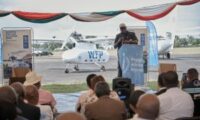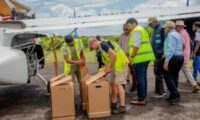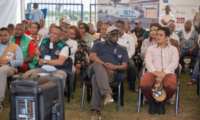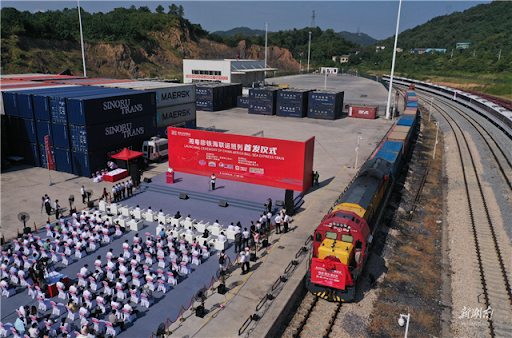Humanitarian Aid Delivery by Drone in Madagascar: A First in Africa
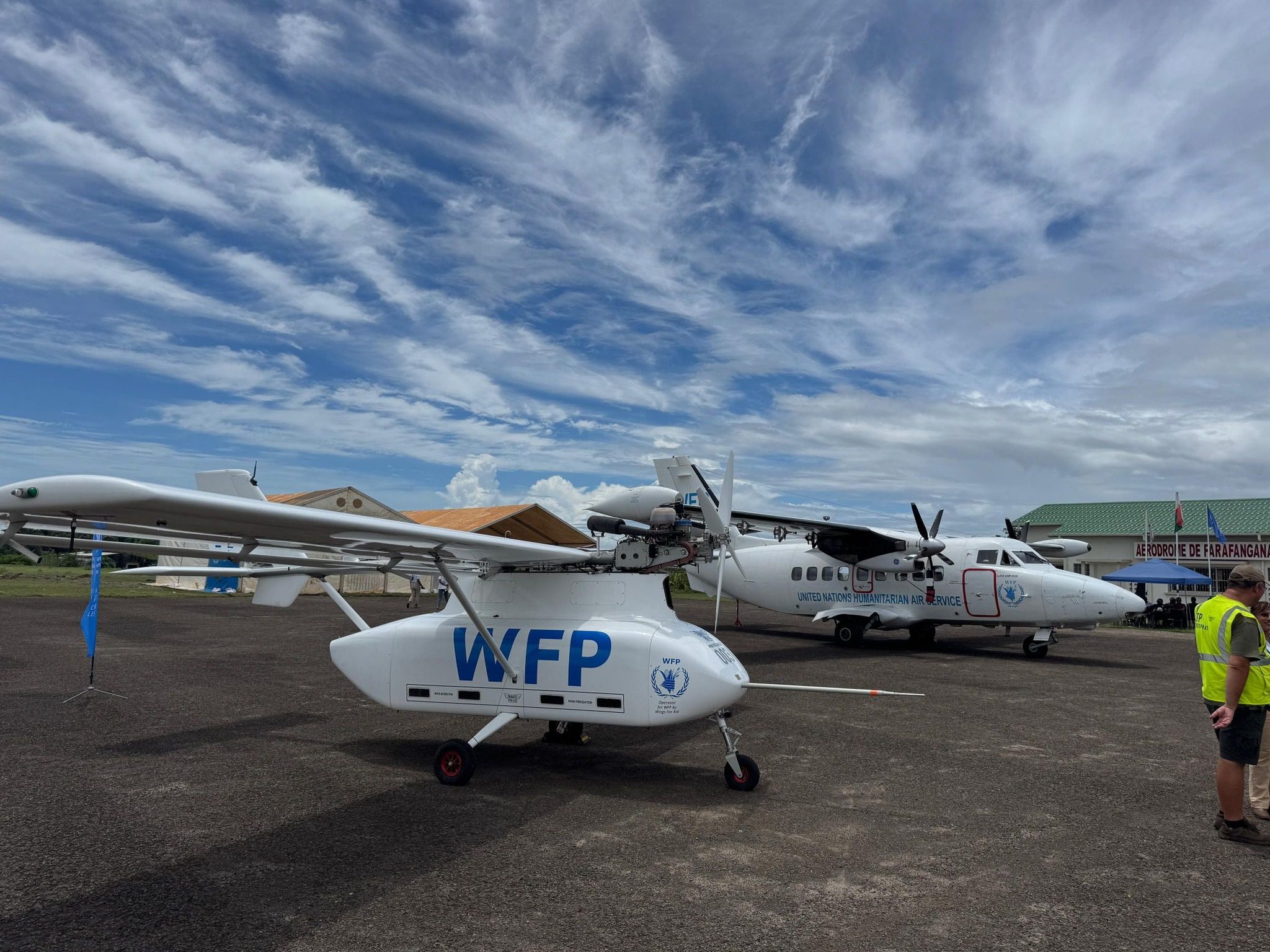
Madagascar is taking a significant step in humanitarian logistics by becoming the first African country to implement a cargo drone for the transport of humanitarian supplies. Thanks to the initiative of the Civil Aviation of Madagascar (ACM), this technological advancement aims to overcome the supply challenges faced by the country’s isolated regions. By integrating innovative solutions into the delivery process, Madagascar is positioning itself as a pioneer on the continent, demonstrating that technology can play a crucial role in improving the living conditions of vulnerable populations.
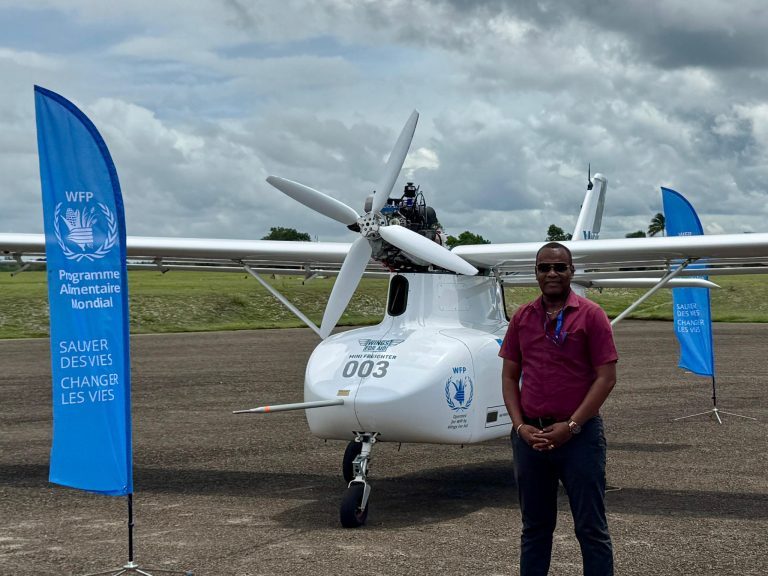
The ACM has been essential in the implementation of this innovative project, being the first authority to approve the import and testing of transport drones. Under its rigorous supervision, each test flight was carried out in compliance with the strictest safety standards. This regulatory framework ensures that each flight is preceded by a specific authorization, similar to traditional aircraft. In addition, a permanent overflight authorization has been issued by the ACM, ensuring the continuity of humanitarian missions in the most remote areas.
The pilot project uses two drones classified as STS 03, capable of operating BVLOS (beyond visual line of sight) flights over distances of up to 200 km from the Farafangana base. These drones can carry up to 160 kg of essential goods, such as medicines and nutritional products, which are delivered by secure drop in shockproof boxes. This drone delivery system represents an effective solution to quickly respond to humanitarian needs, especially in hard-to-reach areas where roads are often impassable.
Reaching Enclaved Communities
This initiative also marks a world first for the World Food Programme (WFP), which will now be able to deliver up to 160 kg of relief goods by air drop to enclaved villages in southern Madagascar. This project not only provides vital access to essential products for vulnerable communities, but also establishes a new model of humanitarian logistics that could inspire other countries in Africa and beyond. Several deliveries are already scheduled for the coming months, illustrating the commitment of all stakeholders to the fight against poverty and malnutrition.
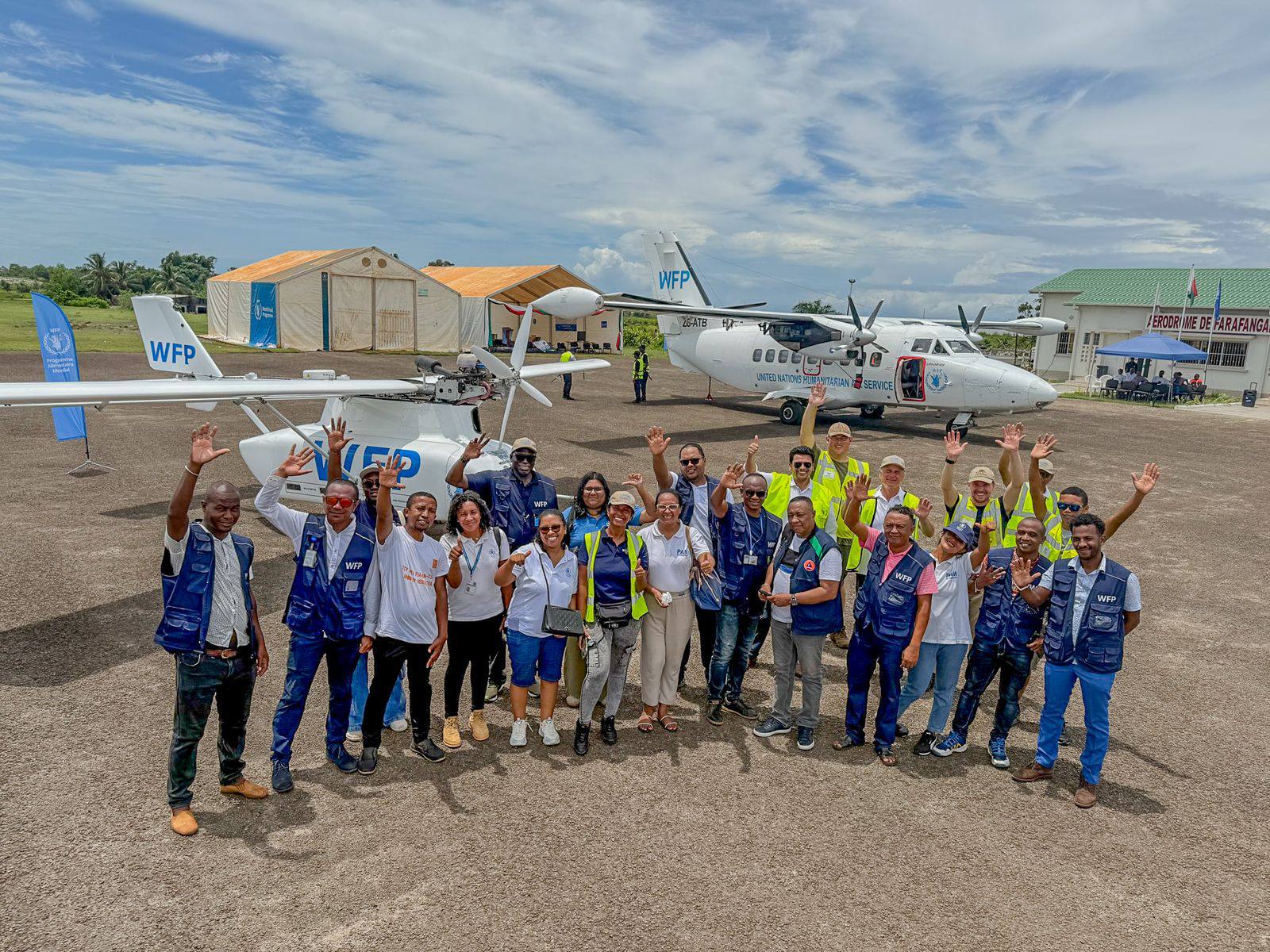
The ACM is proving its leadership role in the adoption of innovative solutions for the country’s development. By supporting this pilot project, the ACM demonstrates its commitment to improving access to resources in hard-to-reach areas while strengthening Madagascar’s humanitarian infrastructure. The official launch ceremony, held on February 21 at the Farafangana aerodrome, symbolized the beginning of a new era for aerial humanitarian aid in Africa, highlighting the potential of modern technologies to transform the humanitarian aid landscape on the continent.
source: depeche-taratra.mg Translation by Logis-T Africa



